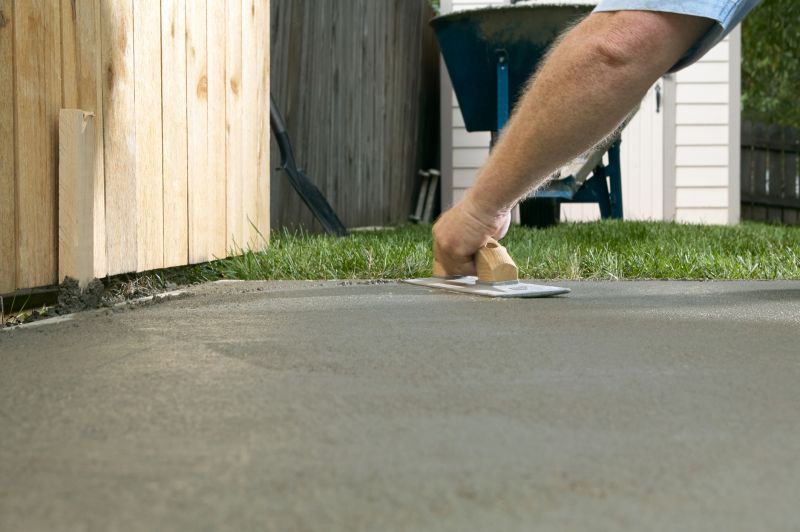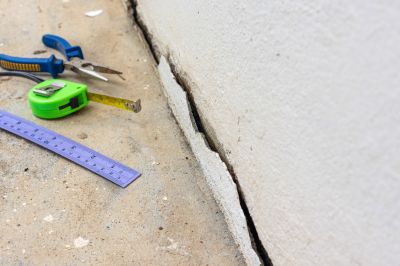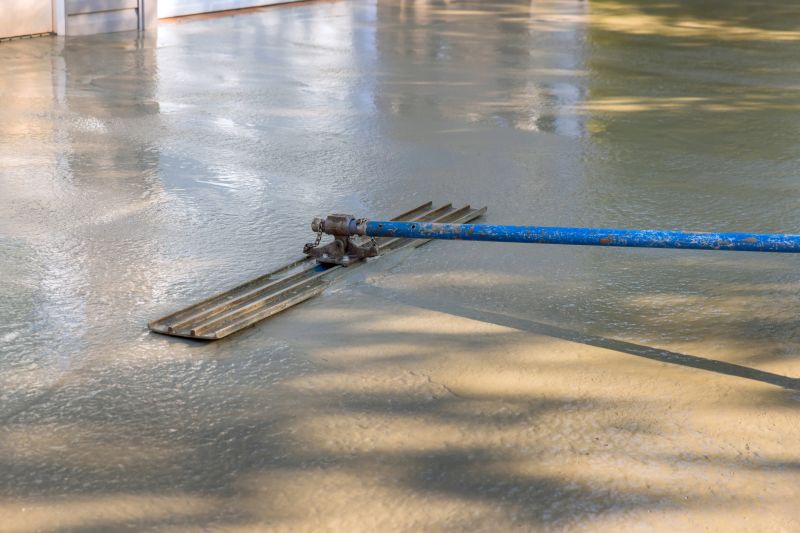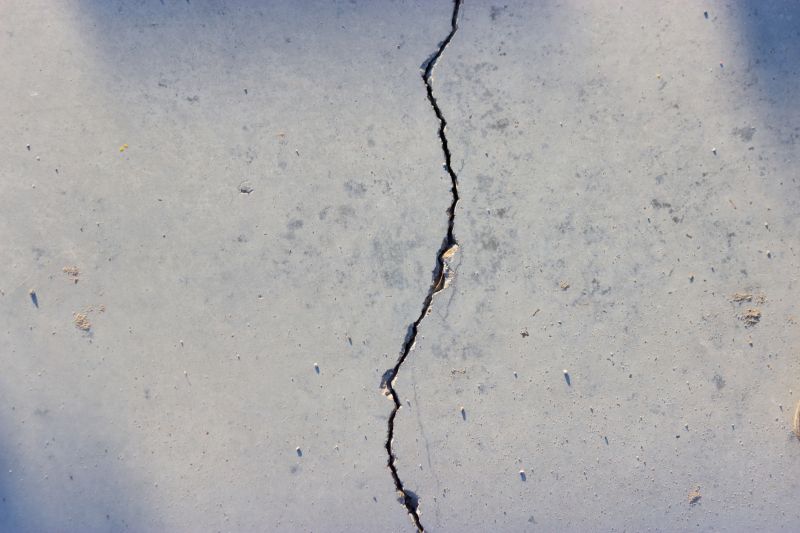Optimal Conditions for Concrete Repairs
Concrete repairs are most effective when performed during optimal weather conditions. Temperature, humidity, and precipitation significantly influence the curing process and the durability of repairs. Ideal conditions typically include moderate temperatures and low moisture levels, ensuring proper setting and bonding of repair materials.
These seasons offer moderate temperatures and lower humidity, making them suitable for concrete repairs. Repair work during these times can minimize issues related to rapid drying or freezing.
High heat can cause rapid evaporation leading to cracking, while freezing temperatures can prevent proper curing. It is best to avoid repairs during the hottest and coldest months.
Heavy rain can wash away fresh concrete and disrupt curing. Dry, stable weather is preferable for concrete repair projects.

Ways to make Concrete Repairs work in tight or awkward layouts.

Popular materials for Concrete Repairs and why they hold up over time.

Simple add-ons that improve Concrete Repairs without blowing the budget.

High-end options that actually feel worth it for Concrete Repairs.
Concrete repairs involve addressing issues such as cracks, spalling, and uneven surfaces to restore structural integrity and appearance. Proper timing ensures that repairs are durable and resistant to future damage. Weather conditions impact the curing process, which is critical for long-lasting results.
Statistics indicate that performing concrete repairs during favorable weather can extend the lifespan of the repair by up to 30 percent. Poor timing may result in increased costs and the need for additional repairs due to premature failure or surface deterioration.

Finishes and colors that play nicely with Concrete Repairs.

Little measurements that prevent headaches on Concrete Repairs day.

A 60-second routine that keeps Concrete Repairs looking new.

A frequent mistake in Concrete Repairs and how to dodge it.
| Optimal Repair Conditions | Details |
|---|---|
| Temperature Range | 50°F to 85°F (10°C to 29°C) |
| Humidity Levels | 30% to 60% |
| Precipitation | No rain or snow during curing |
| Wind Speed | Low wind to prevent rapid drying |
| Sun Exposure | Moderate sun for even curing |
Choosing the right time for concrete repairs ensures the longevity and effectiveness of the work. Proper planning based on seasonal weather patterns can prevent common issues such as cracking, scaling, and surface degradation.
Interested in scheduling concrete repairs? Filling out the contact form can provide more information and help plan repairs during the most suitable time for optimal results.
